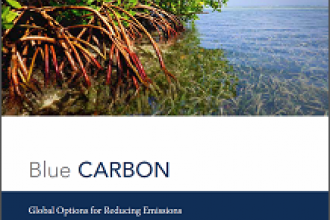Dynamics of Watershed Ecosystem Values and Sustainability: An Integrated Assessment Approach
In this work, we undertook an integrated assessment of water and forest ecosystem to develop the value-based sustainability indicators (VBSI) of watershed resource.
